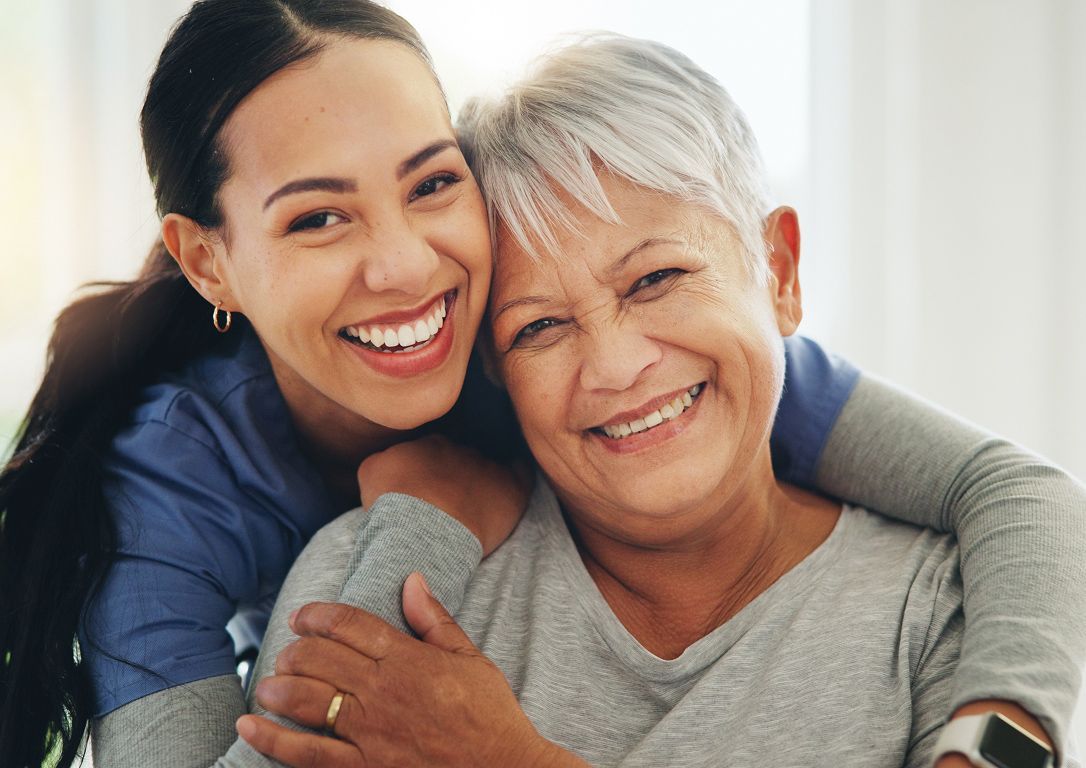Your Loved Ones During the Upcoming Holidays
Your Loved Ones During the Upcoming Holidays
The holiday season is often associated with joy, connection, and celebration. But for many individuals, this time of year can bring sadness and isolation—especially for older adults.
When we visit our aging parents and relatives over the holidays, we are likely to learn more about their daily habits. If they are experiencing difficult life changes or are having trouble living independently, the holidays can quickly become a difficult and stressful time.
This time of the year tends to evoke memories of one’s youth and the people who made those moments special. However, this can be difficult for seniors who are grieving for their loved ones who passed away. Also, not being able to meet with family members due to difficulties with health or traveling can cause older adults to feel even more isolated.
Fortunately, there are ways to manage holiday depression in the elderly. By proactively observing your loved one’s mental health and maintaining a positive attitude, you can help make the holidays a joyous season for all.
Indicators of Holiday Depression
Feelings of loneliness and nostalgia can often accompany the holidays. However, depression in older people requires treatment, as it can greatly affect an individual’s daily life. To best help your senior loved ones enjoy the holidays, it is important to understand the warning signs of depression.
According to Amy Fuchs, a licensed clinical social worker and owner of The Elder Expert, LLC in Saddle River, New Jersey, one of the difficulties of the holiday season is not knowing an elderly relative's limits. "You can anticipate that they might need help, but they might not express to you that they've slowed down," Fuchs says. Symptoms to look out for with depression during the holiday months can be:
· Depressed or irritable mood
· Expressions of helplessness
· Anxiety
· Loss of interest in daily activities
· Loss of appetite
· Weight loss
· Lack of attention to personal care and hygiene
· Fatigue
· Difficulty concentrating
· Irresponsible behavior
· Obsessive thoughts about death and suicide
What can friends, family members, and caregivers do to help? The simple answer is to communicate one’s concerns openly.
Include them
Invite them out and to get-togethers. Take into account their needs, such as transportation or special diets.
Lend a hand
Offer to help them with their cleaning, shopping, cooking, and other preparations such as decorating for get-togethers in their homes.
Stay connected socially
Volunteer at a soup kitchen (or other organization) with a caregiver – giving back greatly improves people’s moods and increases their sense of self-worth. Caregivers can also teach seniors how to use computers or cell phones to stay socially connected with family and friends. They can take seniors to a local coffee shop or to look at Christmas lights for some holiday cheer outside the home.
Be a good listener
Be a supportive listener and encourage discussions about feelings and concerns. Acknowledge difficult feelings, including a sense of loss if family or friends have died or moved away. Try to put yourself in the other person’s shoes to understand how they feel.
So, while the holidays may not be the same as they were in the past, there can still be plenty of reasons to celebrate. One of the most important things to remember is that it's okay to enjoy the holidays as they are now. Old memories hold a special place in your heart, but there is always enough room to add new ones.
While the information provided in this blog is intended to be informative and helpful, it's important to consult with a qualified professional for personalized advice. If you have any concerns or questions about your health or specific medical conditions, don't hesitate to reach out to your physician or another trusted healthcare provider. Your health is important, and seeking professional guidance ensures you receive the best care tailored to your individual needs.














